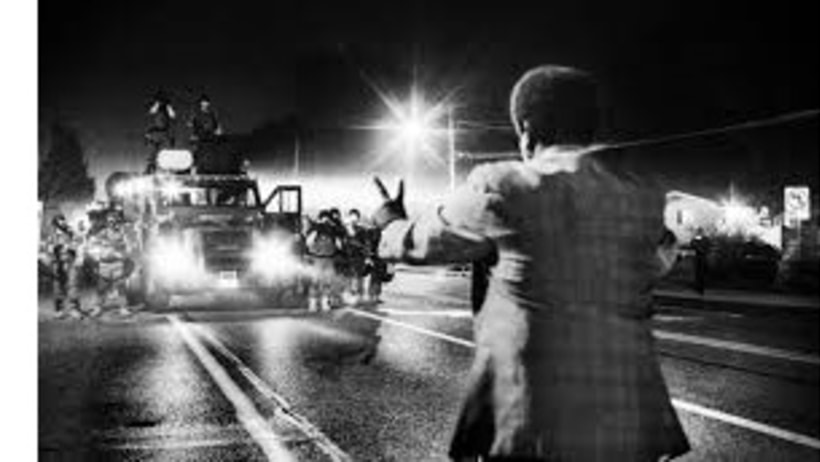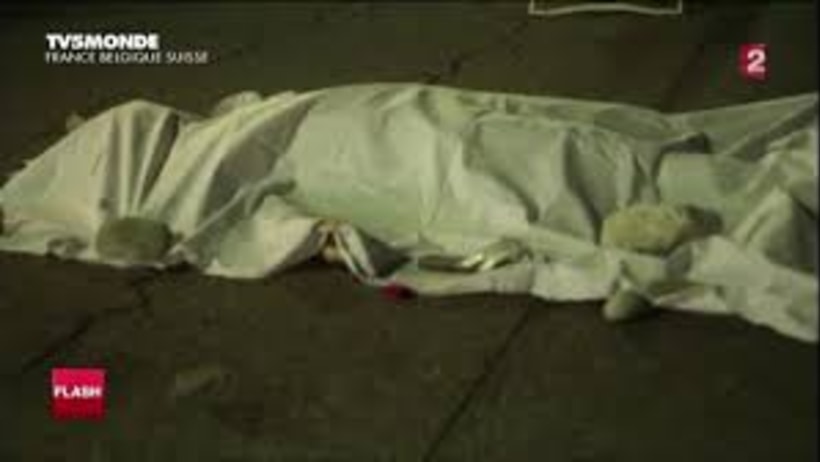Oasis Songs: Musings from Rav D
July 15, 2016 / 9 Tammuz, 5776
Of Eye Disease, Legal Documents and Healing Our Hearts: Keeping the Faith
We’ve been here before. The hatred, the murder, the racism and terrorism that join us together in common purpose to destroy rather than to build. We like to talk about how polarized we are as a country. Yet increasingly we are unified in our mutual suspicion, in our common distrust and in how we are letting anger overwhelm our better natures or our capacity to seek solutions. If we as a nation and a planet can not figure out how to join hands in uplift, then rest assured our fists will meet in a downward spiral.

We’ve been here before. It was 1963. In one of the world’s great speeches, entitled “Religion and Race,” Rabbi Abraham Joshua Heschel described the evils of racism and all the ways in which we single out groups, ethnicity and religions. This was the first time that Martin Luther King Jr. and AJ Heschel had encountered one another, and on account of this speech, the two developed an enduring friendship and spiritual kinship.

Within that speech, every sentence is burnished with a holy righteousness that understands how inextricably we are linked to one another. One of the more shockingly prescient lines Heschel uttered on that day was that “this Conference should dedicate itself not only to the problem of the Negro but also to the problem of the white man, not only to the plight of the colored but also to the situation of the white people, to the cure of a disease affecting the spiritual substance and condition of every one of us.” While victims suffer more at the hands of hatred, one cannot hate without inflicting self-harm. We help best when we cure all.
In explaining this, he notes “to think of man in terms of white, black, or yellow is more than an error. It is an eye disease, a cancer of the soul.” The systemic humiliation to which Heschel referred impacted first the body and emotions of the African American, then ate into the spiritual substance of all. Such a stance makes us all less.
If the many group hatreds afflicting the collective human body are indeed an eye disease, how do we learn to see more accurately that we are all God’s children? It seems clear that action must be taken on multiple fronts. We need to act in the political and legal realms. Too often, however, that is as far as we take things. That is a shame, because normally, neither the political nor legal can change our hearts. Neither can cure the eye. For that, we need moral and spiritual education.
Despite the limits of law in this regard, over the past two weeks, I have been making my way through a recent teshuvah, or legal decision written by Rabbi Reuven Hammer, which attempts to provide us with moral education by means of the law. His legal responsum is entitled “The Status of Non-Jews in Jewish Law and Lore Today,” and can be found here.
Rabbi Hammer presents the complex and diverse ways that non-Jews have been presented in our Torah and later rabbinic writings. While the overall thrust of our tradition has been to affirm the complete humanity of all people, throughout our long and sometime painful history, other uglier visions have found their way into our people’s writings. It is against this darker side that Rabbi Hammer speaks.
Hammer rejects these racist voices as both inauthentic and as dangerous in a post-Holocaust world. He believes that what we have learned from the Holocaust is that any time one group is demonized, it will eventually lead to bloodshed. Rabbi Hammer resides in Israel. What motivates him is some of the anti-Muslim sentiment that Israeli politics has struggled with, and that has produced hateful contemporary books such as Torat Hamelekh, and a society whose worst actors could burn a living teen boy.
He calls on rabbis and Jewish educators to spend time honestly admitting that these sources exist while simultaneously rejecting any and all of our texts that view some people as inferior or superior to others. While this may seem a pediatric conclusion, events of recent weeks, and just yesterday in Nice, France remind us that overcoming bigotry requires our sustained attention and must occur in multiple forums.
Still, after the recent murders of black men and Dallas police officers; after yesterday’s symbolically loaded truck attack in Nice, France on a day of freedom and celebration; after months of terror afflicting people of countless nationalities around the globe, it seems that more and more people feel hopeless and permit themselves to despair or retreat. We have been here before also. To that vein of spiritual depression, Heschel again spoke with tremendous foresight:
Racism is an evil of tremendous power, but God’s will transcends all powers. Surrender to despair is surrender to evil. It is important to feel anxiety, it is sinful to wallow in despair.
Humanity can thrive only when challenged, when called upon to answer new demands, to reach out for new heights. Imagine how smug, complacent, vapid, and foolish we would be, if we had to subsist on prosperity alone. It is for us to understand that religion is not sentimentality, that God is not a patron. Religion is a demand, God is a challenge, speaking to us in the language of human situations. His voice is in the dimension of history.
Given that, let me extend an invitation to you to attend an interfaith gathering of common purpose after these difficult days of bloodshed, entitled “Healing Our Hearts.”
Healing Our Hearts
Sunday, July 17th from 4:00 pm to 5:30 pm.
4115 SW 160th Beaverton, OR 97007.
Together we can raise our voices, join our hands in uplift, and remind ourselves that active hope is the light of the soul.
Od lo avda tikvateinu. We have not lost our hope,



